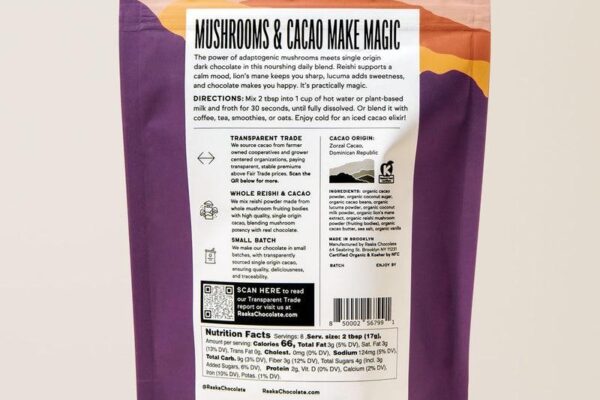Blog
Is Nootropic Coffee Safe?
Nootropics (adaptogens) are becoming a growing sector within the functional beverage industry, adding cognitive enhancement ingredients like caffeine to coffee-based drinks to help improve alertness, focus and concentration. Caffeine is the most widely known nootropic; other such nootropics include L-Theanine as well. Some nootropics such as citicoline or N-Acetyl Cysteine may provide neuroprotective properties.
These ingredients are widely used separately to improve cognition, with little evidence regarding their combined effects on humans. As nootropics are only loosely regulated by the FDA and sold without proof of safety or efficacy before hitting stores – often leading to purchases on the black market without research or verification of claims made for them.
Nootropics have been shown to produce synergistic effects when taken together, such as caffeine and l-theanine. L-theanine’s antisympathetic effects may enhance caffeine’s arousal-inducing properties while attenuating its anti-sympathetic ones (Dodd et al, 2015). Furthermore, nootropics may interact with different molecular pathways when administered individually but work more efficiently when taken together (Dodd et al, 2015).
Although nootropics offer many potential benefits, there are certain drawbacks associated with them in general. Like all drugs, nootropics should be taken with care and in moderation and individuals should always consult a healthcare provider before beginning use of nootropics. High doses may cause harmful side effects while long-term use could cause cognitive decline.



